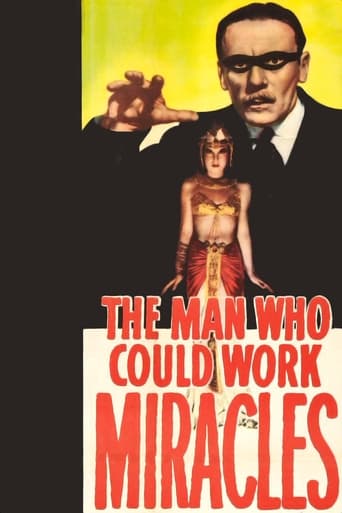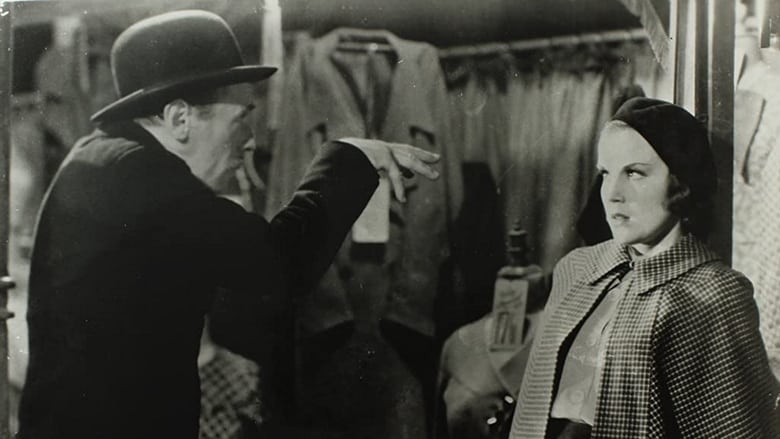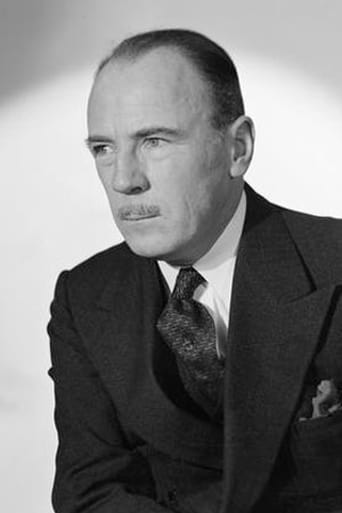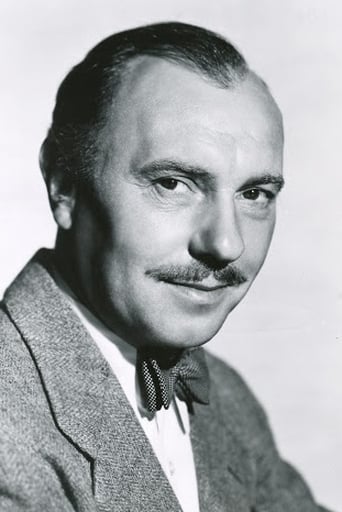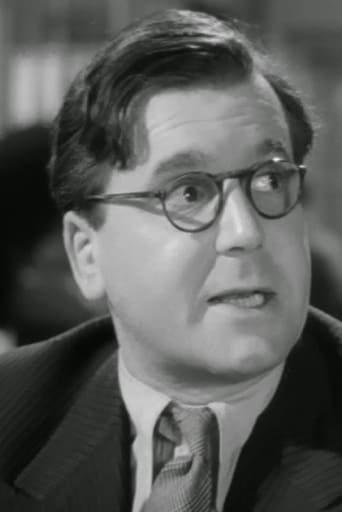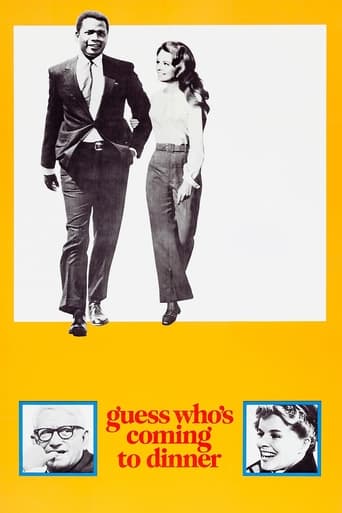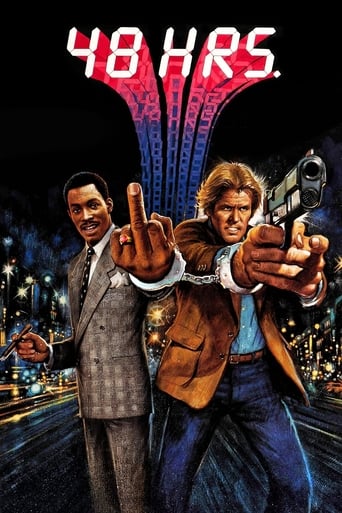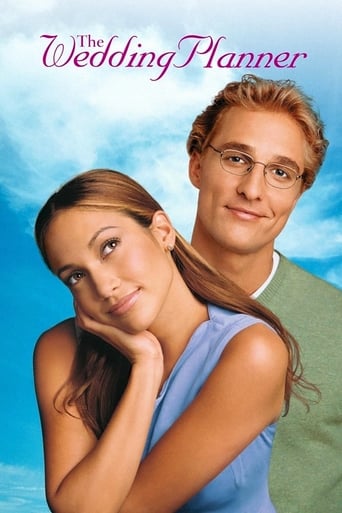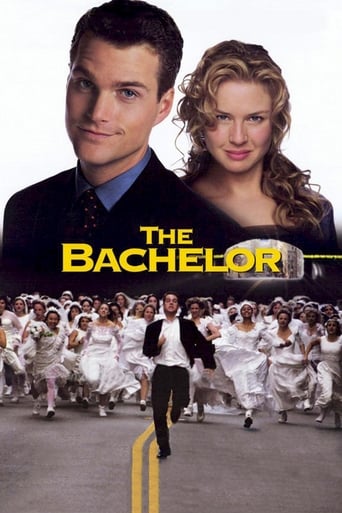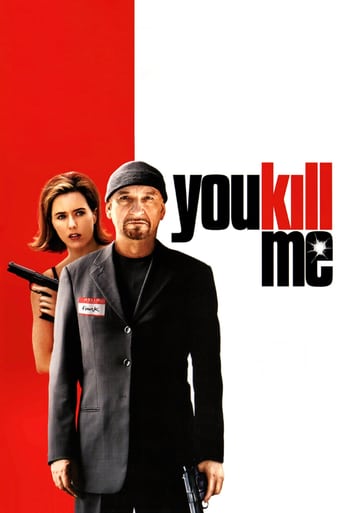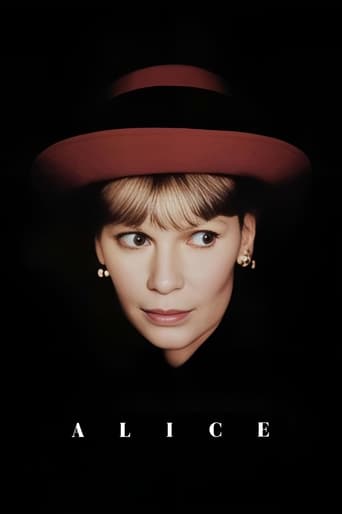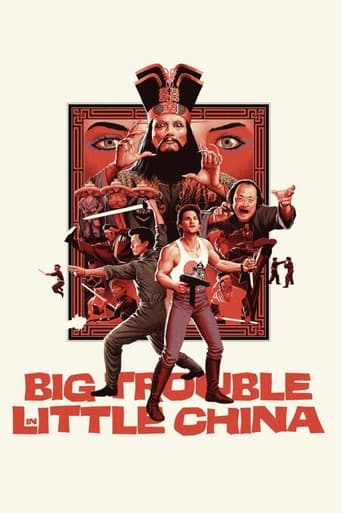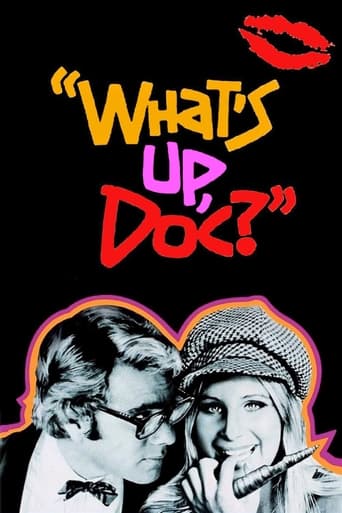The Man Who Could Work Miracles (1937)
An ordinary man, while vigorously asserting the impossibility of miracles, suddenly discovers that he can perform them.
Watch Trailer
Free Trial Channels
Cast


Similar titles
Reviews
I think this is a new genre that they're all sort of working their way through it and haven't got all the kinks worked out yet but it's a genre that works for me.
Some things I liked some I did not.
I was totally surprised at how great this film.You could feel your paranoia rise as the film went on and as you gradually learned the details of the real situation.
A terrific literary drama and character piece that shows how the process of creating art can be seen differently by those doing it and those looking at it from the outside.
We've probably all fantasized about what we would do with a lot of money. But absolute power? H.G. Wells attacks this question in "The Man Who Could Work Miracles," from 1936, with a screenplay written by Wells himself.This British film stars Roland Young, who played Topper in the movies and also "Uncle Willy" in one of my favorite films, The Philadelphia Story. The gods, Indifference (George Sanders), PLayer (Ivan Brandt) and Observer (Torin Thatcher) discussing the lowliness of humans, wonder what would happen if man had absolute power. One of the gods, to prove a point, points a finger at George McWhirter Fotheringay (Roland Young) out at night, en route to a pub.George, frankly, doesn't do much with his new gift. He turns a lamp upside down, makes kittens and rabbits and fruit appear, cleans up his station at the haberdashery where he works, takes away a coworker's (Joan Hickson) freckles, dresses the beautiful Ada (Joan Gardner) in jewels -- his goals don't seem very lofty. The only thing he can't do is change people.George seeks advice from several people; his boss, who wants George to harness his power only for the store; Ada who believes he should heal people; and finally a vicar, Maydig (Ernest Thesiger) who says, "We'll start the Golden Age tomorrow afternoon" - an age in which there would be no disease, no want for funds, no war. To which George asks, yes, but what will people DO?This is a delightful film that raises obvious questions which the viewer has to answer for oneself. The god at the end of the film sums up my feeling. Nothing changes overnight, if they change at all.Standouts in the film are Young, Thesiger, and of course, Ralph Richardson as a colonel whom the vicar wants stripped of his sword collection and his alcohol. When he finds out that he's sober because of George, he wants to kill him. George Zucco is his butler, uttering the immortal words, "Oh, sir, I'd sooner poison a baby than tamper with the alcohol."Joan Hickson, known to millions as Miss Marple, was a young character woman here and plays Effie. Joan Gardner was discovered by the film's director, Alexander Korda, and actually married his brother Zoltan in 1930. She retired shortly after this film and stayed married to Korda until his death in 1961.Roland Young does an excellent job as a common man in an extraordinary circumstance. He has a slightly confused, vulnerable quality.Wells was prescient in many things, and his ideas always thought- provoking. "The Man Who Could Work Miracles" is no exception. Exceptional special effects for its time and an intriguing story make this film something to see.
This is a nice little film that I'd never heard about but should have, as it's a nice little film. In many ways it's a lot like the "Twilight Zone" episode with Burgess Meredith where aliens give him extraordinary strength as an experiment. Here, however, angelic beings are talking in the heavens and one of them decides to pick a random person on Earth and give them practically limitless power--to see what effect this would have on the person and planet.Ordinary Roland Young (sporting a toupee) is the guy chosen for this gift. However, unlike what you'd expect, he is slow to exploit this power and only does mostly simple tricks with it at the beginning. However, when it comes to making bigger changes in his life and to the planet, he's hesitant and seeks out advice from respected members of the community on what to do with his powers. One, a vicar, wants Young to do good with the power--but what, exactly, should this be and what are the repercussion? Another, played wonderfully by Ralph Richardson, is a pompous caricature of an English "gentleman" and wants Young to use his powers to kick butt! Others have various ideas and ultimately Young gets in well over his head.Overall, the film is quite funny (particular in Richardson's scenes) as well as thought-provoking--an interesting combination. It makes you wonder what you might do if given god-like powers. An interesting portrait of human nature and our obvious foibles.
Jeremy Kay's "MIRACLE MAN" Introduction to a New Screenplay based on H.G. Wells' 1936 Movie: MAN WHO COULD WORK MIRACLES. & The Man who Could Work Miracles (the 1895 Book)MAN WHO COULD WORK MIRACLES (1936 Movie) and THINGS TO COME (1935 Movie) have long been stepchildren in studies of H.G. Wells. The Films have never been examined significantly beyond occasional plot summaries and production information. MAN WHO COULD WORK MIRACLES (the 1895 Book) has been out-of-print for decades and evaded scholarly attention to a surprising degree.Who wrote the Screenplay? Film Credits state "scenario and Decalogue by H.G. Wells"; the Book is subtitled A Film by H.G. Wells. Film production reference works mention that Wells was assisted by Lajos Biro (1880-1948), a Hungarian / Hollywood Scriptwriter who served as scenarist for producer Alexander Korda. Wells never mentioned Biro in print, although he did referred contemptuously to William Cameron Menzies and Lothar Mendes, directors of his Films. MAN WHO COULD WORK MIRACLES was released shortly after THINGS TO COME. "It was directed by Lothar Mendes, a far worse director even than Menzies, dull beyond words" (H.G. Wells 213). Korda's associates argued that the Script of MAN WHO COULD WORK MIRACLES was really not Wells' work: but was "Scripted by Lajos Biro, and that H.G. Wells interfered little with the development of the story" (167). Biographer, Karol Kulik, went further: "Since Wells's presence throughout the former Film's production (THINGS TO COME) had demanded constant patience, conciliation, and accommodation from the Film-maker, Korda kept Wells away from the Film as much as possible. Although Wells received sole screen credit for the Script, Lajos Biro was the responsible party." As with the earlier THINGS TO COME, there was a basic disagreement between Korda and Wells, although their personal relationship seems to have been cordial. In MAN WHO COULD WORK MIRACLES, Korda was interested in comic situations, special effects and theater. It is significant that his working title for the Film was "The Miracle Maker". Wells was interested in social and political ideas "which weigh the Film down". Wells, had less influence on MAN WHO COULD WORK MIRACLES than on THINGS TO COME (despite his thorough dissatisfaction), but he did try to make his presence felt, in spite of the attempts to bypass him: "...I shall go back to do MAN WHO COULD WORK MIRACLES cut and clean it up - for most of it is shot already. I'm a little disillusioned about Films (industry). They could be magnificent Art, but has to be learned..."A second question, What is the text? The two versions, Film and Book, differ considerably. The Book contains much material omitted from the Film; and many changes of Scenes were shifted in place. So, was the Book closer to Wells's intention and the Film Script was Biro's? Although Stover tries to force a theme between the original Short Story, "THE MAN WHO COULD WORK MIRACLES" (1898) and the Movie, MAN WHO COULD WORK MIRACLES (1937), ~ it is obvious the Short Story and the Script are enormously different in theme.The Short Story was what Wells called a "single sitting" story. "It seems reasonable that the important "little possibility" in the Short Story was the Cataclysm resulting when the rotation of the world was stopped for an instant, with a little satire on religion. The Book's title can be interpreted as indicating the new direction which Wells attempted to remake an old story. The Short-Story title calls attention to the actions of an individual in the Past. It might be restated as "The Man Who Was Able To Work Miracles and What He Did," with some emphasis on the protagonist. Restated again: "Mankind Could Work Miracles If It Really Tried." This is fortified by the optimistic last words of the Player, when the Elemental Powers argue about the Future of Mankind: "Come back here in an age or so and you shall see..." No one has ever questioned that Wells' Elemental Powers at the Prologue are four, not three: the Master, the Observer, Indifference and the Player. Why are the "elemental powers" nude males, and why do they ride horses? Is this a theatrical image of Biro's making? What exactly did Wells mean by "Elemental"? Is he suggesting the traditional elements or occult elemental forces? Is there any principle behind the differences between the two texts, Film and Novel, beyond brevity? There are so many major things wrong with this bad Book that it may seem nitpicking to call attention to minor examples of carelessness, but they should not be ignored: Wells, was not "in control of two Films". It is curious that in 2004 three major Hollywood Production companies announced their proposed re-make of this very unsuccessful project. Copies of the out-of-print 1895 Book are available free on the Internet. Films are available on DVD.
I saw this movie a couple of years ago when I couldn't get to sleep. I stuck the TV on and this film was just starting.It's about a guy who gets the power to do whatever he wants, except change peoples feelings or minds.Think Bruce Almighty made in the 1930's.I would give this movie a 10, but nothings perfect and the fact that it wouldn't appeal to a mass audience today has forced me to put an 8.Please watch this film if you ever get the chance. HG wells does a brilliant job on writing this one, most of his stories were way before their time, and this is no different.This film really captured my heart, and I really hope it gets a DVD release.

